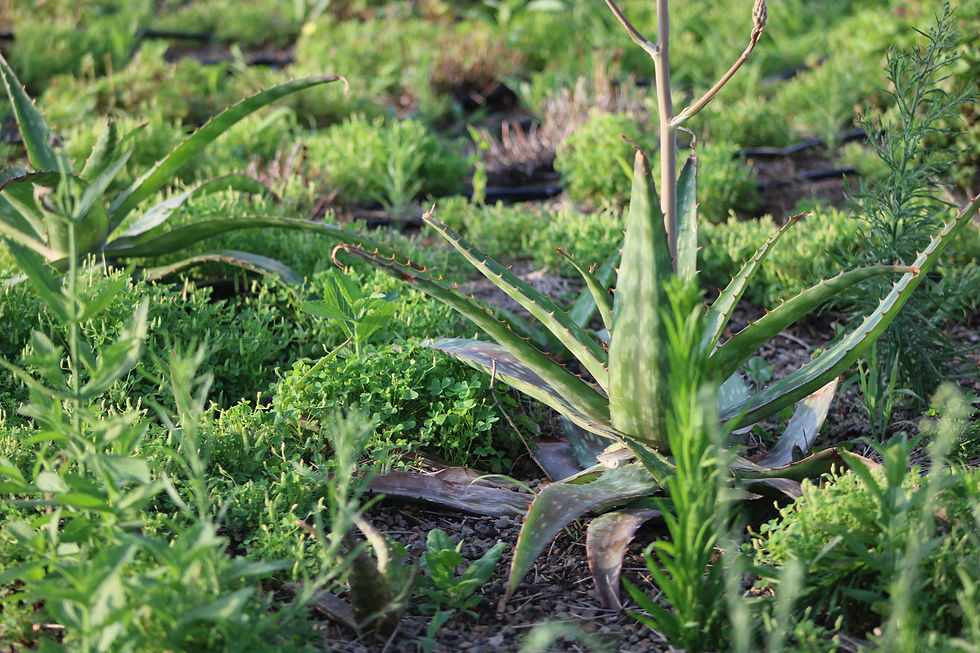We Will Be Jaguars, Reviewed
- August Kind

- Aug 11, 2025
- 3 min read
Updated: Sep 10, 2025
This summer, I have had the pleasure of expanding my home library with books covering all manner of ecology and liberatory change. While visiting Wooden Shoe Books in Philadelphia, I picked up a copy of Nemonte Nenquimo and Mitch Anderson's book, We Will Be Jaguars.
Nemonte is a Waorani woman, one of the groups of Amazonian people whose ancestral territory is inside part of Ecuador. Through the book, she recounts her experience of youth in the rainforest, woven with the intricacies of community life and the relationships of her people with nearby groups. Reading her descriptions of the forest, the sounds and movement, the breathing of the land feel like a veil laid over weary eyes. To see a world untouched by colonialism is a reality that many of us in Turtle Island have never experienced. As the story of her life progresses, we learn of the gaining influence of capitalism and colonization over the people who belong to the rainforest. Nemonte tells of her struggles recognizing the journey she is called on by her ancestors and the impact land and resource acquisition has on her people. To hear of her return to her family and the path she walks to heal herself and defend her people leaves a ringing tone in my ears.
As a settler in Turtle Island, the only life I have ever known beats at the heart of the capitalist empire. Here in the United States, so much of our daily lives are entrenched in the reality of dispossession, in many capacities we recognize and others we do not. The equating of land as commodity, the subsequent accumulation of land as capital by the wealthy, all speak to the disregard settlement has to the land as a living being.
Here in Texas, especially, the recent history of this land is fraught with dispossession of personhood through the enslavement of black people and the attempted eradication of the people native to this land. In We Will Be Jaguars, Nemonte speaks to her experience in relationship with the land she is from. The impact of those truths she discusses can be felt here in Turtle Island; that land is life, there is no life that can be singularly divorced from a foundation in the land. Her words allows those of us here as settlers to further understand what it feels like when foundation of life in the land is inherent, not an afterthought. The Indigenous people of Turtle Island continue to heal and grow in spite of the settler-colonialist model of the United States. The well-being of native lives and communities are intertwined with the well-being of the land. Nemonte emphasizes through her work the importance of coalition building and solidarity movements. To hear of victories in preserving ecosystems and communities in the Amazon, told by storytellers of the forest herself, allows us all to imagine what a free land could be one day.
The fear that other settlers, primarily white people, often have of Rematriation movements such as Land Back stem from a misunderstanding that returning land means that everyone will be colonized by native people in return. The lens of colonialism has erased the understanding that cruelty is not innate in human nature, but is, rather, in a system built upon cruelty. Instead, Land Back is a commitment to shifting power and making way for healing, entrusting Indigenous communities to make decisions for their people and for the land. Here in Turtle Island, I believe it is important, especially as a settler, to lend my voice in support for Land Back. The truth of the matter is that white voices echo louder in some spaces. As settlers, we are unwelcome guests. The best we can do is walk in a good way, in support of the sovereignty of native people on the terms they find suitable in the pursuit of liberation.



Comments